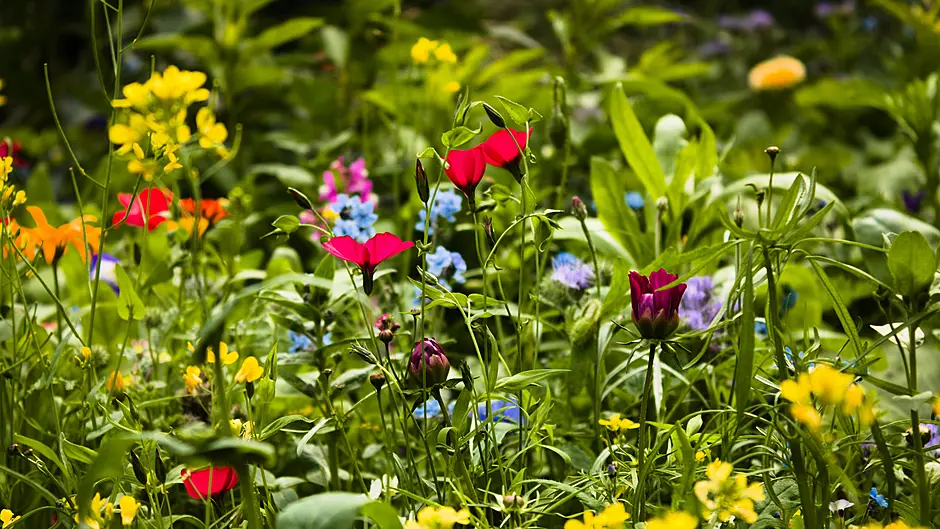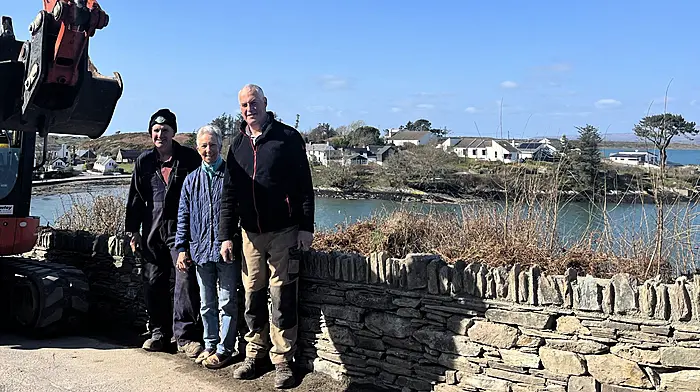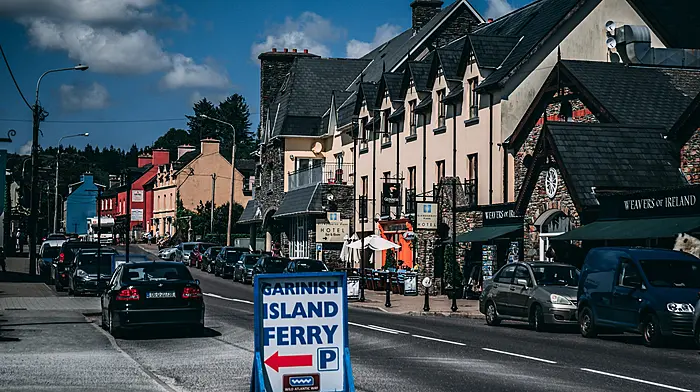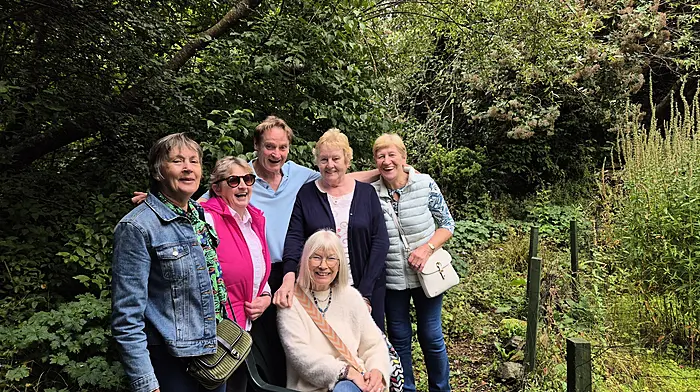THE founder of Clonakilty Distillery is set to plant a permanent wildflower meadow on the outskirts of the town.
Michael Scully is developing new storage warehouses to support his award-winning distillery, and is using the opportunity to promote biodiversity.
'We're going to dedicate three quarters of an acre to a wildflower meadow which will be planted with native Irish flowers,' he said.
There will also be 100 mature trees and up to 400 shrubs planted on the site. Bee banks will also be developed which are dedicated ditches where bees can deposit honey, which will remain unharvested.
Construction on the warehouses is underway and planting will start next March, with the meadow expected to be in spectacular full bloom by next summer.
'The ethos of our company is to be as sustainable as possible, and this just ties into that,' said Michael.
'We've also commissioned a new glass bottle which is 35% lighter for our products,' he said.
Michael, who grew up on a farm, said he has confidence in the future of the agri-sector in the context of the emissions cut being asked of it.
'Irish agriculture is recognised as one of the most green agricultural economies in the world,' he pointed out.
'The farming community has always proven itself to be resilient and responsible when it comes to protecting the environment. I'm confident that the initiatives that are underway will be enough to achieve what is being asked,' he said.
He said farmers have been getting a lot of 'bad press recently which is a bit unfair.'
'I think they are facing up to reality and taking the necessary steps.
'What we mustn't lose sight of is that if Ireland doesn't make a product in a sustainable way, production will be moved to other countries where it will be produced in a less sustainable way.'







